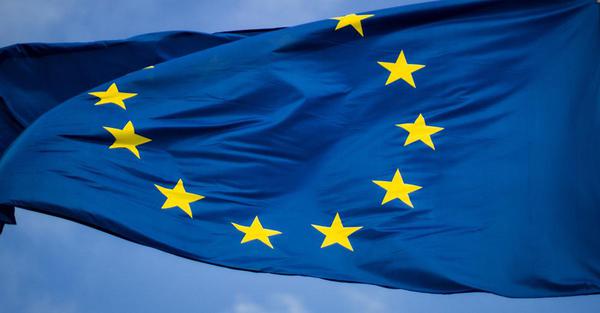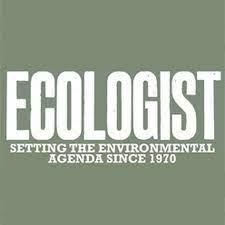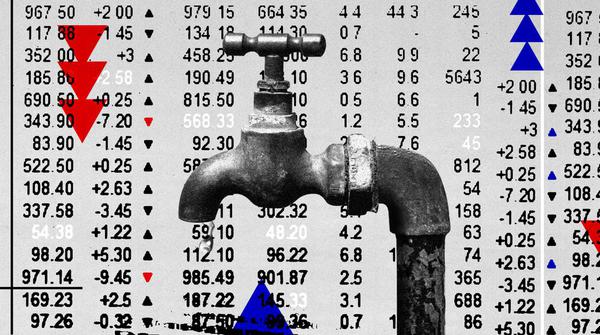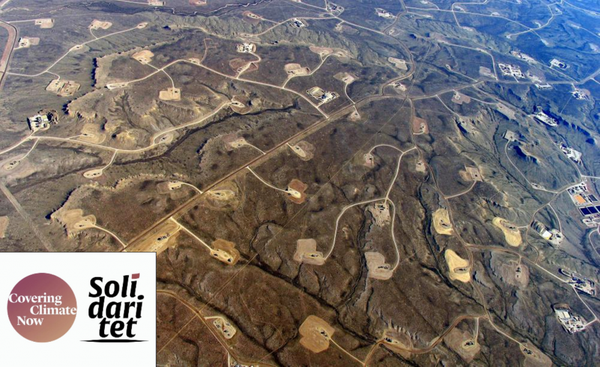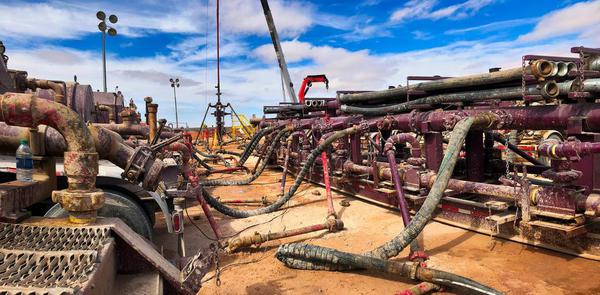
Fracking review suggests UK has softened precautionary principle since leaving EU – here's why it matters
The UK government recently conceded that the reasons for its 2019 ban on hydraulic fracturing “have not gone away,” and there is “no compelling evidence” to support rethinking it. Better known as fracking, this industrial process injects millions of gallons of water underground at high pressure to release fossil gas from rocky pores.
The moratorium was prompted by a series of tremors at the UK’s lone fracking rig in Lancashire. Cuadrilla, the operator, was scheduled to seal off its wells in Mar
 Filters & Sorting
Filters & Sorting


